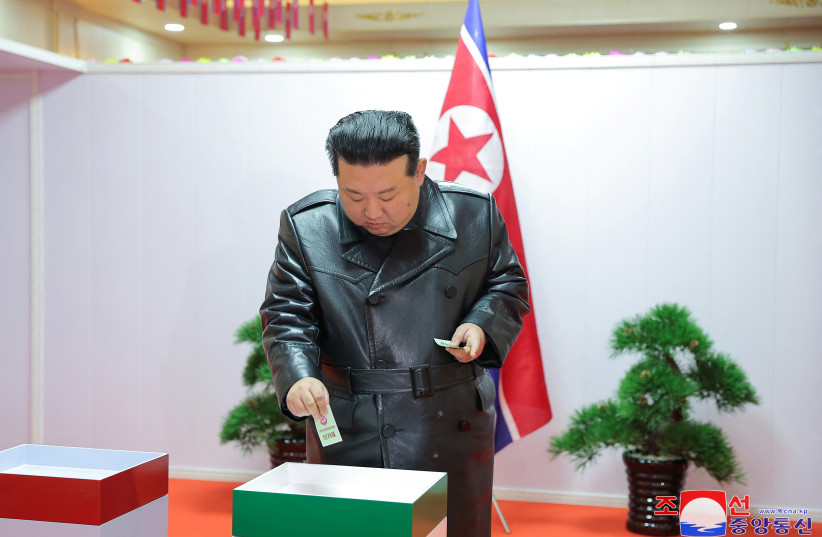In his excellent April 25 op-ed, Sherwin Pomerantz laments that our current national leaders are far from the exemplary individuals we have known in the past. Instead of people whose integrity and professional acumen are broadly recognized, even by those who disagree with them, political leaders today seem to be of a different strain.
Of course, Pomerantz was writing with many of Israel’s past and current leaders in mind. However, here in America, we also understand. For most of the past decade, Americans have been confronted with a strikingly similar situation in the person of Donald Trump, who seems to place fealty above competence in his appointments.
Although many highly qualified individuals are potentially available for leadership posts, in Trump’s world, professional competence means nothing compared to personal loyalty and unflinching adherence to MAGA mythology.
Nevertheless, the process of selecting leaders remains so critical that its outcome can determine whether democracy itself survives. As we have all seen, there are many leaders around the globe who may have once been elected – even under questionable circumstances – but have since managed to rig their systems so that they can’t be unelected.
Many, as in the case of North Korea, still call themselves democracies. Sadly, the United States is facing that prospect now, as witnessed by the 2021 insurrection against Congress to undo the election of President Joe Biden and return Trump to the White House.

Even in my own home country, the UK, where leader selection is left to the revolving factions and alliances among the governing party’s elected politicians, finding honest and competent senior officials is not reliably accomplished. It’s not impossible, but it puts priority on qualities other than aptitude and character. Although in theory, it is possible that a toadying sycophant can also turn out to be a decent public administrator, the likelihood is low, particularly if their patron’s priorities are selfish ones.
Finding the right leader is a struggle from the beginning of time
However, the challenge of finding the right kind of leaders is nothing new; it has been going on for ages. Plato, in his work Republic, envisioned an ideal city-state governed by a philosopher-king rather than by oligarchs. These rulers, according to Plato’s vision, would be virtuous, selfless, and dedicated to the common good of the city and its residents. But while his vision has left a lasting impact on political thought, its practical fulfillment has been elusive.
LEGISLATING requirements for a great leader – age, experience, credentials, etc. – can only go so far, although refining the mechanisms through which leaders are selected and qualified could provide at least some help. The underlying problem, it seems to me, is more fundamental. Securing broad support for a leader would be easy when the affected citizens are largely of one mind.
But the reality is that sharp divisions within each political unit limit the possibilities of consensus. And those divisions – whether religious, ethnic, economic, geographic, or social – are the dominant reality of most national elections.
So, while I agree with my friend Sherwin that the quality of our national leadership is deteriorating, and while I would welcome his idea of finding people outside of politics to enter government service and become pillars of national security, I am frankly skeptical that current conditions make that possible.
Here’s the issue: I am a big fan of democracy. But not everyone is. Some would prefer an autocratic system. Some prefer oligarchies of the privileged. Some favor theocracies. And there are those who long for a hereditary succession of leaders.
However, for any democracy to succeed, there needs to be broad agreement that their form of government has the consent of the governed, and that it is good for people individually as well as for their nation. Regrettably, the lack of consensus surrounding us today on these matters is corrosive both to democracies and the selection of capable leaders.
The writer, a retired Pennsylvania state economic official, has lived in the US for 33 years, and now chairs Pittsburgh-based Britsburgh and is the convenor of a group dedicated to the study of government and continuation of US democracy. His career in the UK and US spans the private, government, and nonprofit sectors. He was awarded the Order of the British Empire by Queen Elizabeth II “for services to British commercial interests in the USA.”
